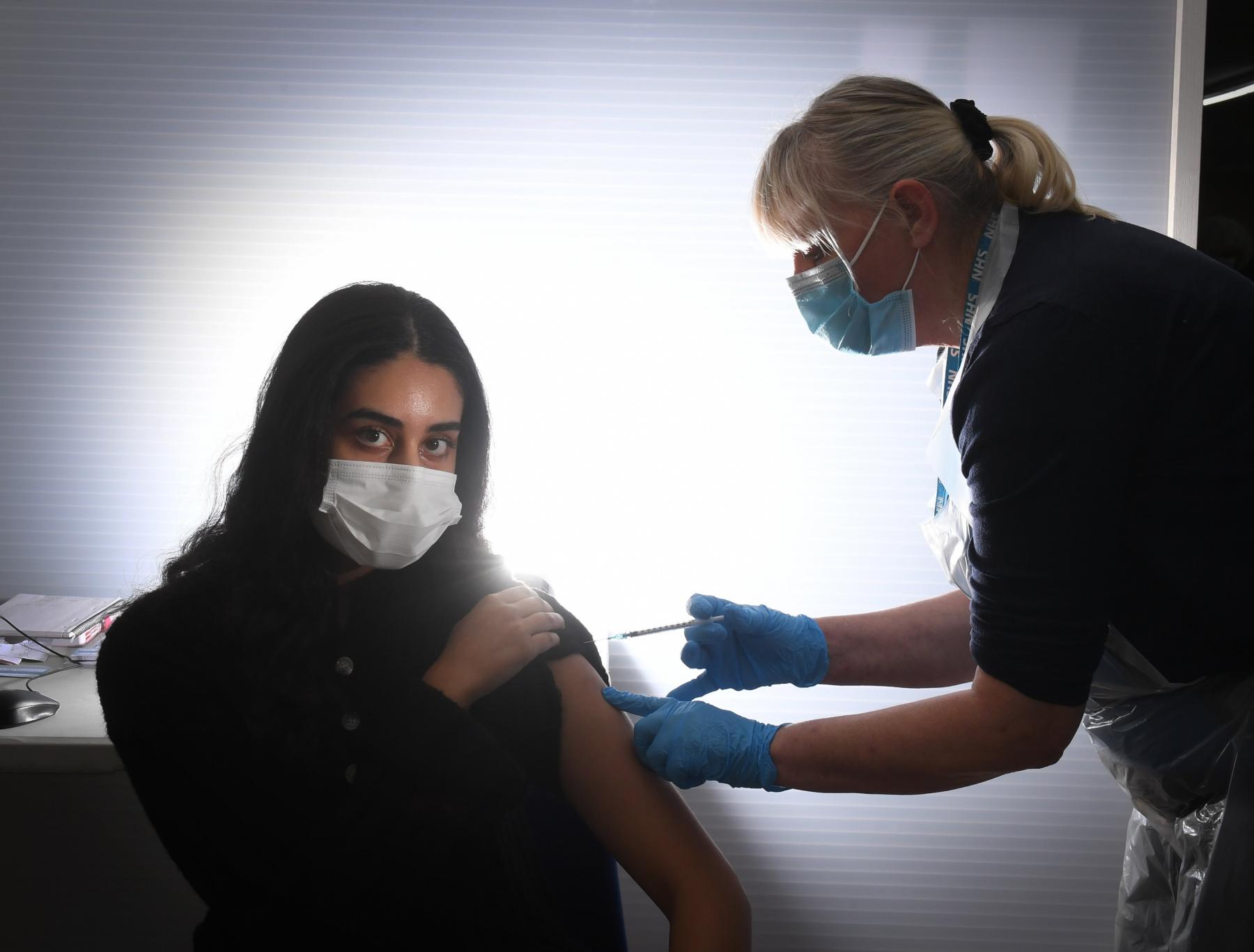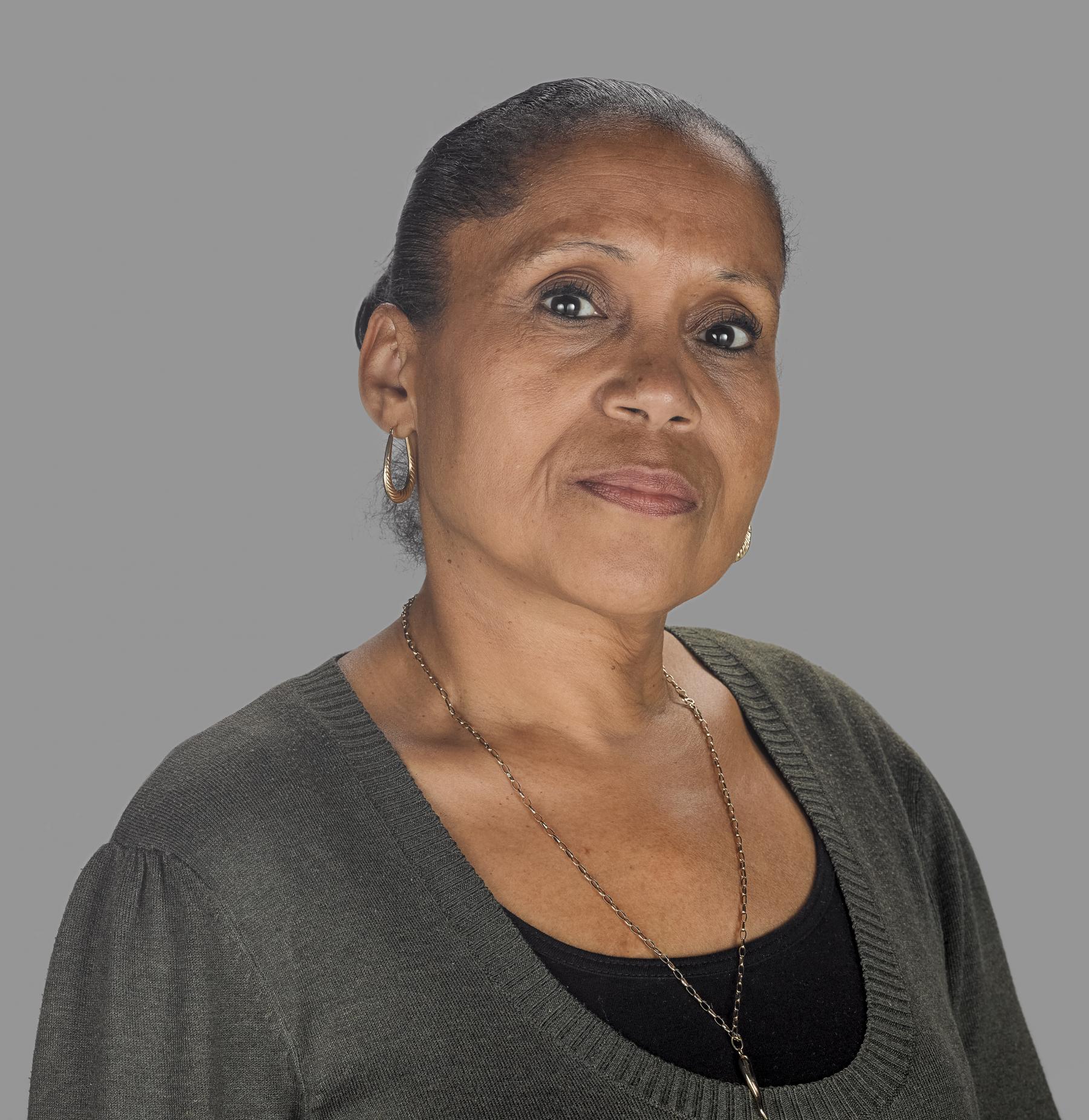With more than half the UK’s adult population vaccinated, we answer your most asked questions, talking to medical experts and other specialists from all sections of the community about how the treatment works, why we should all have it and what it means to those who have already received the jab.

Q: What advice would you give to people in the BAME community that have been called for the vaccine?
A: I will definitely be encouraging them to get the vaccine.
The Rev Dr Temi Odejide, London House on the Rock Resident Pastor, medical graduate and doctor
Q: What are the short-term side effects of the COVID-19 vaccine?
A: Like all medicines, vaccines can cause side effects. Most of these are mild and short-term, lasting no longer than a week, and not everyone gets them. Your arm may be a bit sore and there might be a bit of a fever. Personally, I got absolutely nothing after my vaccine.
Dr Farzana Hussain, London GP
Q: I’ve had COVID, so have the antibodies. Why should I have the jab? And how long does the jab protect us for?
A: It’s true that having had COVID gives you a degree of protection but the protection you get from a vaccine is higher, particularly when you have had the second dose, and it will also give you better protection against new variants. We don’t yet know how long the jab protects us as the first people were given the vaccine about six months ago. We’ve seen the risk of re-infection with the virus itself is rare over that period. It may be like fl u where, because the virus is changing, we need an annual booster shot.
Dr Raghib Ali, Senior Clinical Research Associate, MRC Epidemiology Unit, University of Cambridge
Q: What would you say to women who fear the vaccine will affect their fertility?
A: There is no evidence nor any reason why the vaccine could impact fertility. The Joint Committee on Vaccination and Immunisation advises that women who are trying to conceive should still get the vaccine. So, if you are planning a family, your plans would not be disrupted if you had the vaccine.
Prof Jacqueline Dunkley-Bent, England First Chief Midwifery Officer
Q: I am young and fit, so why do I need it?
A: One of the most important things you can do to avoid the effects of coronavirus is to take the vaccine as soon as you’re offered it. It’s not just about protecting you but helping to protect others and, in the same way, helping us all get back to seeing the people we love again.
Dr Nikki Kanani, London-based GP
“It [the COVID vaccine] gives you a huge sense of security. I feel really relieved and really privileged.”

– Anna Ranyard- Corner, London, carer
“Now we have a vaccine, it’s great that people with heart and circulatory conditions are a
priority to receive it.”
– Dr Sonya Babu-Narayan, Associate Medical Director, British Heart Foundation
“We have had millions of doses administered and, so far, both vaccines are really effective and protect people.”
.jpg)
– Zena Forster, Newcastle, heart attack and stroke sufferer
“Of course I want to protect myself, but it’s also about protecting others.”

Laurel Brumant-Palmer, London, author, artist, part-time tutor, sickle cell sufferer
#This article is part of a paid for Partnership with the UK Government

















